Maintenance Best Practices are critical for every successful individual and company.
Maintenance Best Practices are critical for every successful individual and company. Maintenance is a unique business process. To be successfully managed, it requires an approach different from other business processes. The program provides a framework for managing maintenance with options that allow decision makers to select the most successful ways to manage maintenance
Participants attending the program will:
Identify maintenance best practice key elements for taking action on them, starting with foundations and building up to best practices that will deliver maximum business benefits.
The effectiveness of maintenance practice has not improved significantly in many organizations in spite of the implementation of powerful computerised management systems. Measuring, comparing and improving maintenance practice underpins the success of the whole business process.
This interactive Training will be highly interactive, with opportunities to advance your opinions and ideas and will include:
DAY 1 – An Overview of Maintenance Practice and Benchmarking
Introduction to Maintenance (Asset) Management
The Concept of Best and Worst Practice
DAY 2 – Performance Measures and Improvement
Performance Measure and Benchmarking
The Overall Equipment Effectiveness as a Source of Best Practice in Maintenance
Total Productive Maintenance
DAY 3 – Benchmarking Machines Performance and Failure Analysis
Failure Analysis and Modeling
Modeling Reliability of Systems
Benchmarking through Reliability Centered Maintenance
DAY 4 – Condition Based Maintenance
The Condition Based Approach
Vibration Monitoring
General Purpose CM – Non Destructive Testing – NDT
DAY 5 – Best Practice Through Manufacturing and Maintenance Systems
MRP and ERP Systems.
Decision Analysis for Optimisation of Maintenance Activities
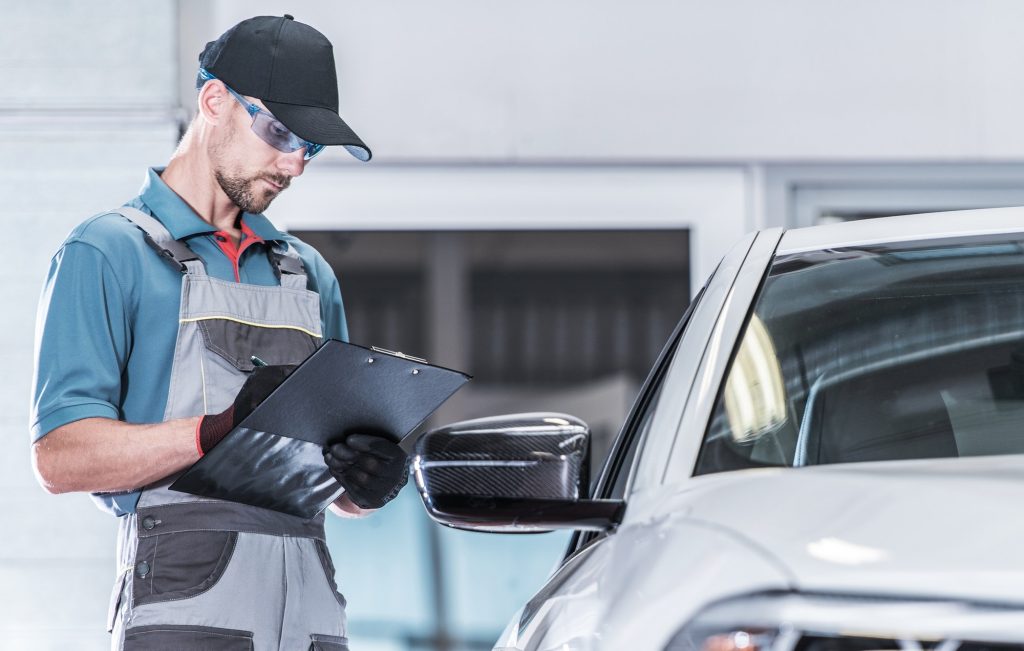
4850 USD
Cairo, Bahrain, Dubai & Oman
5 Days
1st Feb 2024
Click to Check PDF



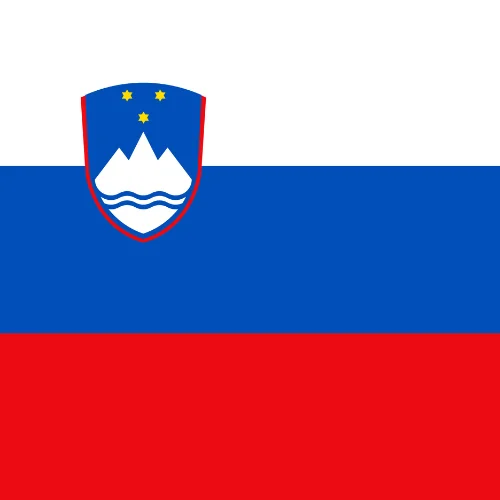

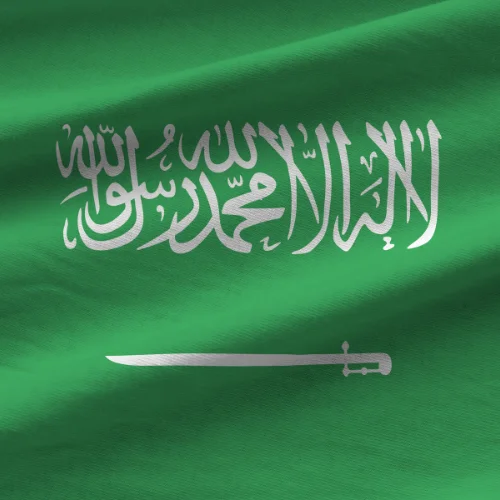


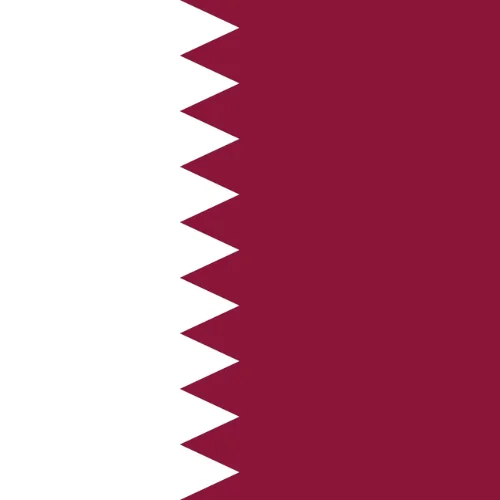
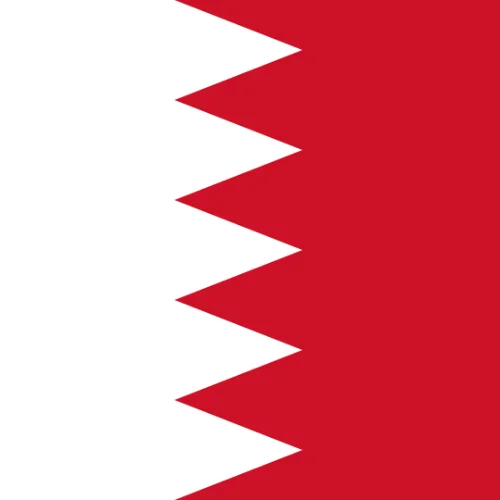
WhatsApp us